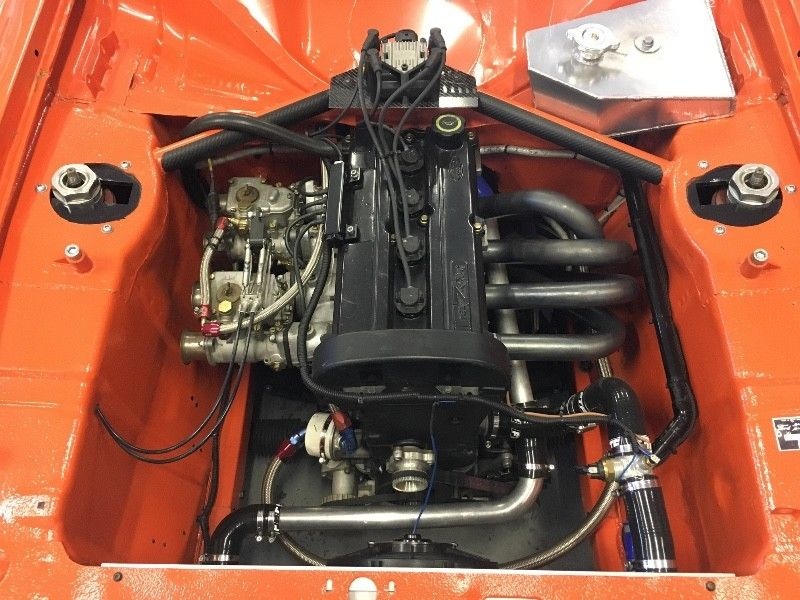Come back on the Road: Toyota Tazz Engine for Sale, Best Bargains Wait For
Come back on the Road: Toyota Tazz Engine for Sale, Best Bargains Wait For
Blog Article
Engine Buying Specialist Tips on Picking the Right Engine for Your Details Demands
Choosing the right engine for your specific demands includes a complex interplay of factors that go past simple horse power figures. By delving into the intricacies of power versus effectiveness, reviewing fuel scores, and budgeting for long-term expenses, one can really enhance their engine selection.
Power Vs. Performance: Discovering the Balance

When choosing an engine, it is essential to strike a balance in between power and performance to fulfill your certain requirements effectively. Power describes the engine's capability to produce power for propulsion, establishing elements like acceleration, towing ability, and general performance (Toyota Tazz Engine For Sale). On the various other hand, efficiency connects to just how well the engine uses fuel to create power, affecting factors such as gas economic climate and ecological friendliness
Achieving the ideal balance in between power and efficiency is crucial since an engine that is too powerful may take in excessive gas, leading to greater operating expense and unneeded strain on the setting. On the other hand, an engine that focuses on efficiency over power might result in slow efficiency, particularly sought after situations like pulling heavy tons or driving uphill.
To make an informed decision, take into consideration elements such as your normal driving problems, the designated use the automobile, and your personal choices. By examining your concerns and needs, you can pick an engine that strikes the best equilibrium between power and effectiveness, ensuring ideal efficiency while minimizing environmental influence and operating expense.
Understanding Engine Size and Type
Additionally, engine type plays an important role in determining the efficiency features of an engine. Usual engine kinds consist of inline engines, V engines, and rotary engines, each with its special advantages and disadvantages. The engine type affects aspects such as the engine's size, weight circulation, and power distribution. Recognizing the interaction between engine size and type is vital in picking an engine that aligns with your details requirements and concerns, whether it be power, effectiveness, or a balance of both.
Consider Your Car's Requirements
If you are looking for an engine for a durable truck that will be utilized for towing, you will certainly require an effective engine with high torque capabilities. On the other hand, if you are choosing an engine for a small auto primarily used for city commuting, fuel performance might be a more crucial aspect to take into consideration.

Evaluating Fuel Performance Rankings
Analyzing gas effectiveness scores is a vital element of choosing the right engine for your vehicle, ensuring cost financial savings and ecological sustainability. Fuel performance scores, generally measured in miles per gallon (MPG) for fuel engines or kilowatt-hours per 100 miles (kWh/100 miles) for electrical engines, indicate how much a car can take a trip on a particular quantity of fuel or electrical energy. Higher MPG or reduced kWh/100 miles worths signify extra efficient engines, converting to decreased fuel costs and reduced carbon exhausts.
When assessing gas efficiency rankings, consider your driving practices and demands. A very fuel-efficient engine can result in considerable financial savings over time if you commute long distances daily. In addition, compare various engine options within the very same vehicle course to identify one of the most affordable option. Variables such as engine size, weight, the rules of aerodynamics, and hybrid or electrical capacities can all influence gas efficiency.
Budgeting for Long-Term Prices
Strategically planning for long-term expenses is important when selecting an engine, guaranteeing financial sustainability over the vehicle's lifespan. While the first acquisition cost of an engine is a considerable element, it is important to consider the long-term prices linked with upkeep, repair services, and gas usage.
Furthermore, researching the schedule and price of substitute parts for the selected engine my company is essential in spending plan preparation. Engines with budget-friendly and readily offered components can considerably impact long-term upkeep costs. Furthermore, considering the engine's durability and expected life-span can aid avoid unanticipated substitute costs in the future. By carefully budgeting for these lasting costs and factoring them into the decision-making procedure, individuals can choose an engine that not only fulfills their instant demands however also stays cost-effective throughout its life expectancy.
Verdict
Finally, selecting the additional hints right engine for your particular requirements calls for stabilizing power and efficiency, comprehending engine dimension and type, considering your car's demands, reviewing fuel efficiency scores, and budgeting for lasting prices. By carefully thinking about these aspects, you can make certain that you pick an engine that meets your requirements and offers ideal efficiency for your automobile.
To better improve the option procedure of an engine that strikes the optimal equilibrium between power and efficiency, it is necessary to dive right into the details of recognizing engine dimension and kind. Engine dimension refers to the complete quantity of air and gas that can be pushed through the engine cylinders. Common engine kinds consist of inline engines, V engines, and rotary engines, each with its unique benefits and downsides. Comprehending the interplay between engine dimension and kind is crucial in choosing an engine that lines up with your particular needs and priorities, whether it be power, performance, or an equilibrium of both.
Gas effectiveness ratings, generally measured in miles per gallon (MPG) for fuel engines or kilowatt-hours per 100 miles (kWh/100 miles) for electrical engines, suggest how far a vehicle can take a trip on a certain amount of fuel or electricity.
Report this page